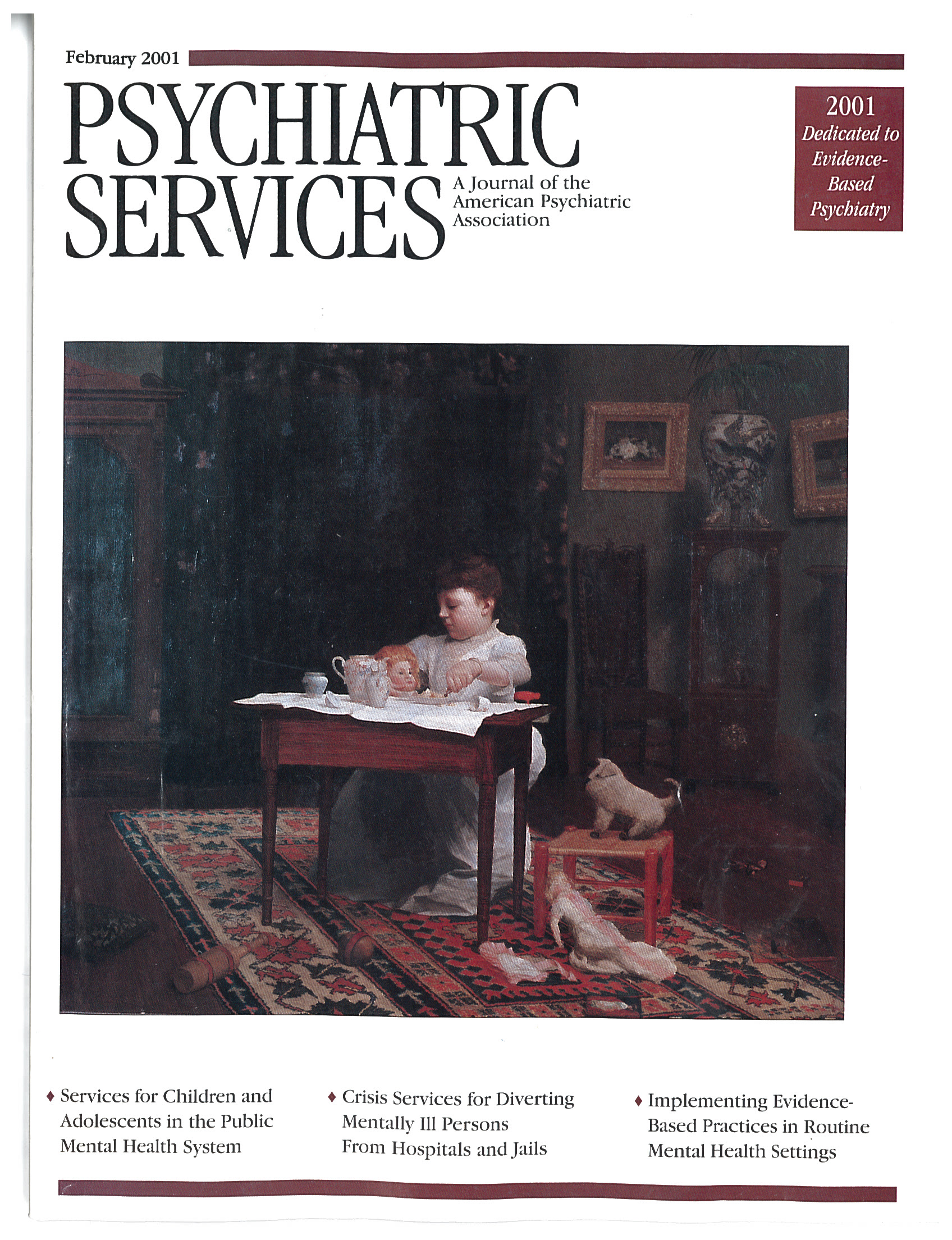In an era of dichotomies and polarities in psychiatry, here is a book that tries to bridge gaps between disparate parts of the field. Susan J. Bradley, M.D., who is a professor of psychiatry at the University of Toronto, has succeeded in reducing some of the chasms between the various approaches to explaining the genesis of psychopathology.
Dr. Bradley proposes that affect regulation is a core factor in human development and that its dysregulation is a causal factor in generating psychopathology. In the first part of the book, she lays out her model, explaining its operation from infancy to adulthood. She explains the concepts of general arousal factor, positive and negative affects, and stress reactivity as well as how they are correlated with affect regulation.
Her hypothesis is that negative affect leads to distress or abnormal affective arousal and, in turn, to specific negative emotions. This cascade of events is modified by various factors, including experience and cognition. Risk factors such as loss, trauma, abuse, brain insults, attachment difficulties, sensitivity to expressed emotions, or family conflicts affect this sequence negatively and thus lead to psychopathology. Dr. Bradley also explains the model in clinical terms, noting that affective dysregulation is manifested as anxiety, which is the underlying emotion in most psychiatric syndromes.
She explains the concepts in her model in neurobiological and psychotherapeutic terms, emphasizing the integration of mind and body components. In doing so she cites data from genetics, neuroimaging, and animal studies as well as from prevalent psychosocial theories. Thus abnormal affective arousal and the consequent affective dysregulation are mediated by a complex interplay of neurotransmitters, learning mechanisms, cognitive strategies, and psychosocial influences. The author reviews both biological and psychotherapeutic treatment modalities and summarizes how each treatment strategy improves the capacity to manage affect.
In the later sections of the book, Dr. Bradley discusses specific clinical syndromes in light of the affect dysregulation model. She explains the internalizing disorders—anxiety and mood disorders—noting that "affective dysregulation occurs most typically when an individual with heightened stress reactivity becomes stressed." In contrast, in externalizing disorders such as the disruptive behavior disorders, a genetic vulnerability to anger and aggression may play a pivotal role, and stress reactivity may be less important. Dr. Bradley also discusses the generation of psychoses and personality disorders in terms of affective dysregulation. Finally, she details specific treatment strategies and their role in regulating affect.
In the final section of the book, the author discusses trends and future research in affect regulation, briefly touching on the limitations of her hypothesis.
The book is a laudable effort. It deals with issues that are relevant for today's practitioner while providing food for thought for those engaged in research. Dr. Bradley's emphasis on reducing the mind-body dichotomy is consistent; the book serves as an overarching template and may help integrate diverse efforts to understand affect regulation and psychopathology. Affect Regulation and the Development of Psychopathology should make good reading for psychiatrists, psychologists, and neurobiologists.

